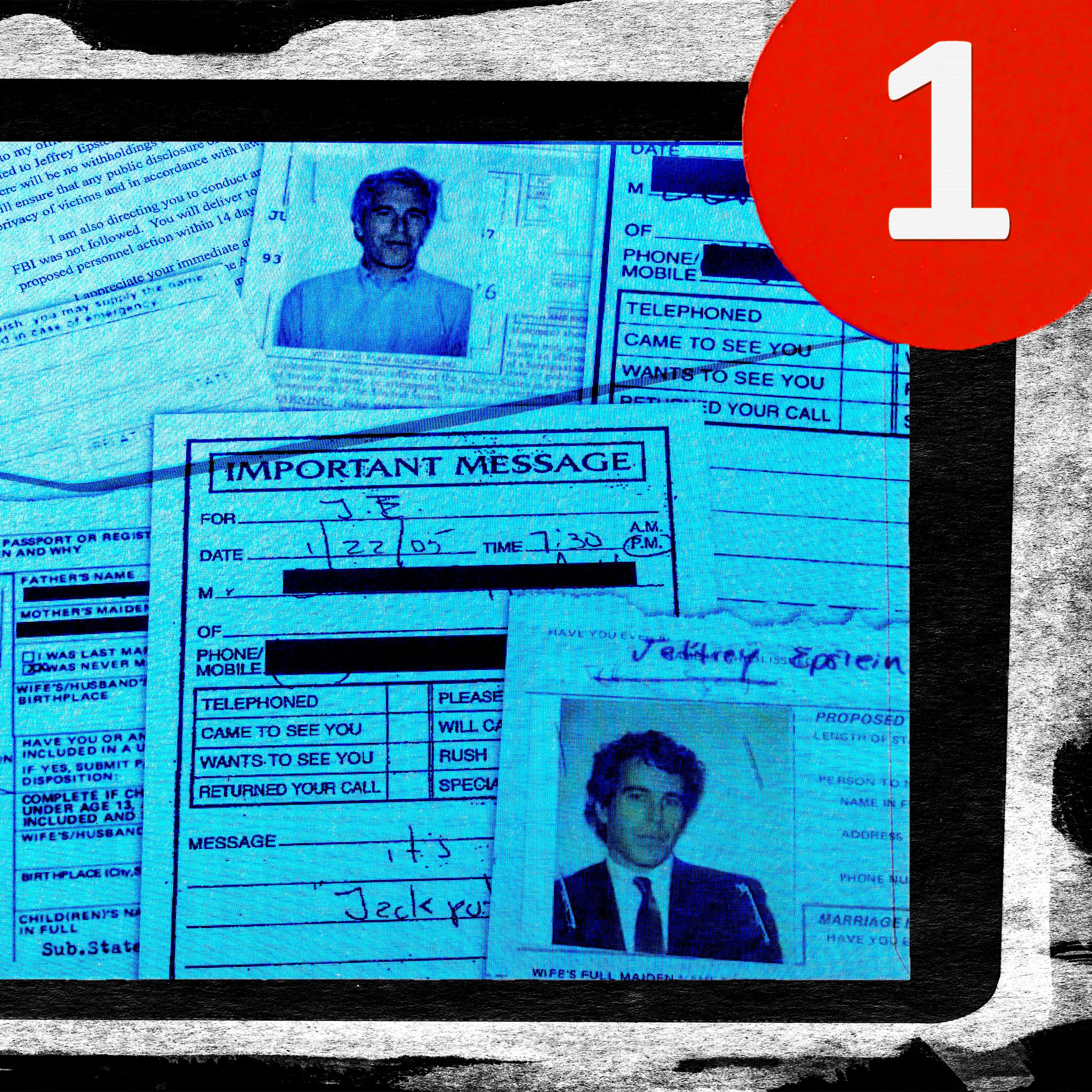Right-wing internet personality and Turning Point USA cofounder Charlie Kirk was shot and killed on Wednesday during a speaking engagement at Utah Valley University in Orem, Utah. After a chaotic 24-hour manhunt, the FBI named 22-year-old Utah resident Tyler Robinson as a suspect in the murder.
As polarization and political violence continues to increase in the US, a new platform from the Public Service Alliance is offering tools like data-removal services and threat monitoring to public servants who increasingly need to defend themselves and their data. Meanwhile, new research this week warned that the number of US investors putting money into invasive commercial spyware rose significantly in 2024. According to the report, other countries are also increasingly emerging with new ties to spyware as well.
A massive data leak from the Chinese company Geedge Networks shows how the firm, which has ties to the “father” of China’s Great Firewall, is selling its censorship and surveillance products to at least four other countries in Asia and Africa.
On Wednesday, Poland shot down several Russian drones that entered its airspace and others crashed, the first time such an incident had occurred since the Kremlin’s 2022 invasion of Ukraine. The incident disrupted Polish air travel and stoked tensions in the region.
WIRED spoke with Cindy Cohn, the Electronic Frontier Foundation’s executive director who is stepping down after 25 years at the organization. She reflected on encryption and AI, and emphasized that even though she is leaving EFF, she is not ending her fight for digital rights. Meanwhile, alongside a slew of new products, Apple said this week that its new iPhones will ship with an integrated hardware and software feature known as Memory Integrity Enforcement that aims to eliminate the most frequently exploited type of iOS vulnerabilities.
And there’s more. Each week, we round up the security and privacy news we didn’t cover in depth ourselves. Click the headlines to read the full stories. And stay safe out there.
18,000 Epstein Emails Reveal Ghislaine Maxwell’s Role
In a jaw-dropping new report, Bloomberg has obtained more than 18,000 emails from Jeffrey Epstein’s personal Yahoo account, offering a raw and unsettling window into the convicted sex offender and disgraced financier’s world—and that of his longtime associate Ghislaine Maxwell. The story reveals that Maxwell and Epstein remained deeply intertwined long after she claimed to have stepped away from his orbit. The correspondence details her role in managing his finances, property, and personal relationships, as well as efforts to discredit women who accused them of abuse. Among the revelations: Maxwell opened a foreign bank account using Epstein’s address, was listed as a director at one of his main companies, and even coordinated the distribution of luxury gifts to associates and victims alike.
The emails are a stark reminder of Maxwell’s complicity in Epstein’s crimes at a time when she is widely seen as courting favor with the Trump administration. Beyond advising Epstein on plea negotiations and scheming to discredit accusers, Maxwell appears to have remained the linchpin in his social network, connecting him to politicians, celebrities, and business titans, according to the emails reviewed by Bloomberg. The archive reveals her helping arrange gifts and payments—from a $71,000 Lexus for a lawyer to lingerie for teenage girls who later testified against them—while simultaneously navigating her own mounting exposure.
Against the background of Trump officials weighing whether to release the sealed “Epstein files” and speculation over a potential pardon, the correspondence positions Maxwell not only as Epstein’s fixer but someone who has long worked to secure her standing with those in power.
ICE Deploys “Stingray” Tech, Renewing Surveillance Concerns
In a newly unsealed warrant reviewed by Forbes, Immigration and Customs Enforcement was authorized to use a cell-site simulator—a controversial surveillance tool that tracks phones by mimicking real cell towers—in an effort to locate a Venezuelan national. Initial location data narrowed the man to a 30-block area, prompting ICE to request more precise tracking using the device. It’s unclear if he was ever caught.
The case highlights ICE’s reliance on surveillance tools long criticized by civil liberties groups for sweeping up swaths of data from bystanders alongside targets. In May, procurement records show ICE spent nearly $1 million on “cell site simulator vehicles,” building on a 2024 contract launched under the previous administration. ICE also reportedly maintains a $4.4 million deal with Harris Corporation, maker of the notorious “Stingray,” which has become an eponym for nearly all cell-site simulators used by law enforcement.
The devices work by tricking cell phones into believing they’re real cell towers, allowing police to identify a target device and track its movements far more precisely than the broad geolocation data available from phone companies. While a normal trace may only provide a rough radius or general direction, with a stingray—and a few attachments—police can shrink the search to a specific block, home, or apartment. The devices are controversial because in certain modes, they don’t just capture the target’s phone signal—they scoop up data from every device in range, sweeping up information about bystanders’ calls without their knowledge or consent.
US Transportation Department Report Warns of Hidden Radios in Highway Infrastructure
A security advisory from the US Department of Transportation’s Federal Highway Administration said last month that highway infrastructure including chargers, traffic cameras, and roadside weather stations should be checked for hidden equipment. The report said, according to Reuters, that investigators have found “undocumented cellular radios” in some power inverters and battery management systems used for solar power in US highway equipment. The warning comes as the US government has increasingly sounded the alarm in recent years about the risk of backdoors in Chinese-made equipment that could undermine US infrastructure.
US Issues Sanctions Over Digital Scamming in Cambodia and Myanmar
The US Treasury Department sanctioned almost 20 companies and individuals in Myanmar and Cambodia this week for their alleged roles in the multibillion-dollar global scam industry. The swindles target victims around the world with investment, romance, and other digital confidence scams using the forced labor of human trafficking victims. The US issued financial and diplomatic sanctions against nine entities in Myanmar’s Shwe Kokko city as well as 10 in Cambodia. In a release about the action, John K. Hurley, undersecretary of the treasury for terrorism and financial intelligence, said,“Southeast Asia’s cyber scam industry not only threatens the well-being and financial security of Americans, but also subjects thousands of people to modern slavery.”




